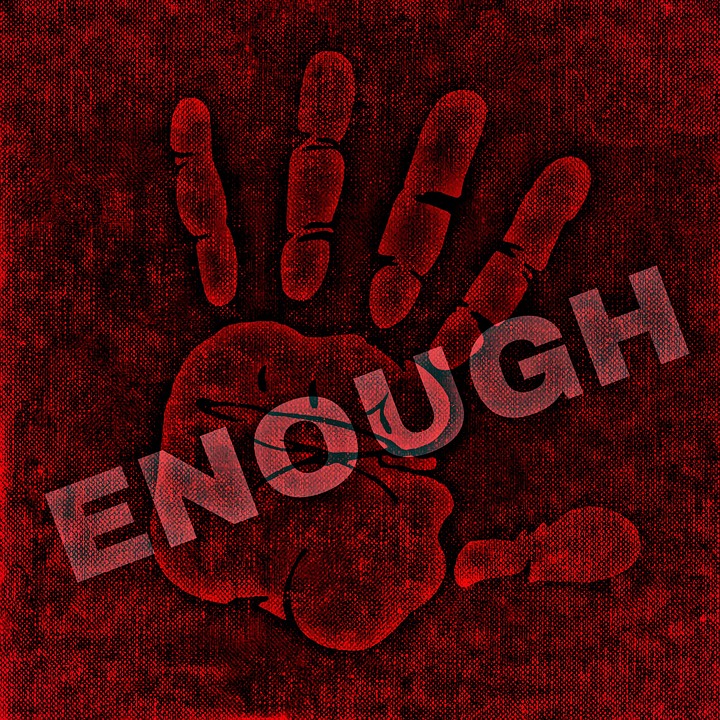U.S. church offers recovery programme for racists

A church in North Carolina is offering a programme inspired by Alcoholics Anonymous to eliminate racism from people's hearts and minds.
The 12-step "Racists Anonymous" programme was launched recently by the Trinity United Church of Christ in the city of Concord, North Carolina, U.S.A.
Every Wednesday, the group meets to thresh out personal issues. Facilitator Carol Stanley emphasised that members of the group don't point fingers at each other.
"But we're becoming clearer and clearer on the unconscious racism that we all carry. It's a way to address one's own racism as a spiritual practice and discipline," she said, according to Fox 46.
Under the programme, the first step is to "come to admit that I am powerless over my addiction to racism in ways I am unable to recognize fully, let alone manage."
It was started by Trinity Rev. J. Nathan King at a time when the issue of race has become a political issue in the U.S.
"The timing was very right for us to put our prayers into action," he said.
He added, "What Jesus said is, 'come see.'"
King wanted to do more than pray amid the shootings and racial unrest.
"It seemed like every week we were coming into worship and we were doing another prayer because someone had been killed in the street," he said.
Racists Anonymous was formed "to deal with the racism within ourselves and to eliminate the racism within ourselves," he added.
A sister church in California started holding "Racists Anonymous" meetings and requested 20 other congregations to join them.
Trinity answered the call.
Every week, about a dozen people from all walks of life attend the meetings.
"It's an anonymous meeting, so there's safety in that," King said.
Racists Anonymous is led by a licensed therapist who encourages people to say as much or as little as they want.
King found it hard to speak about racism during the first meeting.
"It was difficult. From day to day, I find myself in that place of racism," he said.
He believes that changing the country starts with changing the community.
"It may not be the first thing you want to talk about the table at the Thanksgiving dinner with your family, but those conversations are going to be more common going forward," he said.











